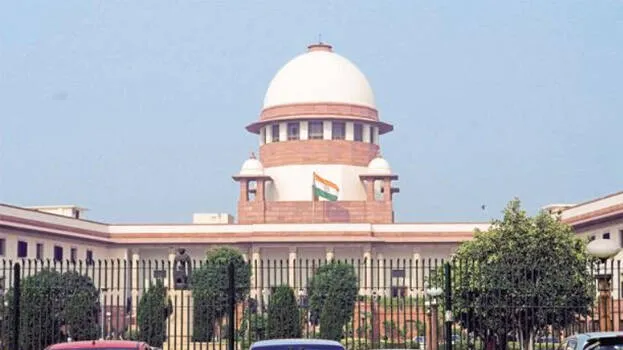

Some studies have pointed out that a large percentage of POCSO cases that reach the court are fake complaints. Strong sections are charged against those involved in POCSO cases. The possibility of getting bail is also very low. If the case is proven, they will have to spend many years in jail. There are many examples of POCSO cases being filed due to a fight between couples, using children as victims. The courts have reprimanded the complainants after they were found to be fake complaints. The High Court itself has instructed the police to file a case only after conducting a preliminary investigation and confirming it in POCSO cases. At the same time, strong sections in POCSO cases are necessary to prevent heinous incidents of child abuse.
The Supreme Court delivered an unusual verdict in the POCSO case recently. Although the Supreme Court did not acquit the accused, it did not issue a sentence either. The Supreme Court avoided the execution of the sentence of a man who was convicted under the POCSO Act and later married the survivor from the same case. This is in a POCSO case from West Bengal. This verdict, which gave importance to humanity beyond the law, was made by the bench, considering that although the accused committed a crime, the survivor no longer sees it as such. It is also noteworthy that this verdict was pronounced by the bench of Justices Abhay S. Oka and Ujjal Bhuyanon on the day Justice Oka retired.
The trial court had sentenced the man to twenty years in prison in this case. In the meantime, the survivor reached adulthood and the convicted man married her. In the meantime, the Calcutta High Court quashed the man's sentence. The High Court's verdict also contained a controversial remark that adolescent girls should control their sexual urges. Subsequently, the Supreme Court, in a suo motu case, quashed the High Court's verdict and remarks, restored the verdict that the accused was guilty, and also upheld the cancellation of the sentence. However, before the sentence was carried out, the Supreme Court had directed that a fact-finding committee be appointed to hear the survivor's side. Based on this, the committee appointed by the West Bengal government had heard the survivor's position. Although the case had been going on in various courts for years, this was the first time that the survivor's position was sought. This fact further points to the shortcomings of our court proceedings. The Supreme Court, after considering the report of the committee, ruled that the sentence should not be carried out using the special power under Article 142 of the Constitution.
The Supreme Court pointed out that the prolonged legal proceedings affected the survivor more than the crime itself. Society judged her. The legal system failed her. Her own family abandoned her. The Supreme Court observed that the survivor now has an emotional bond with the accused. Currently, the man who was the accused in the POCSO case, the survivor and the child live together.